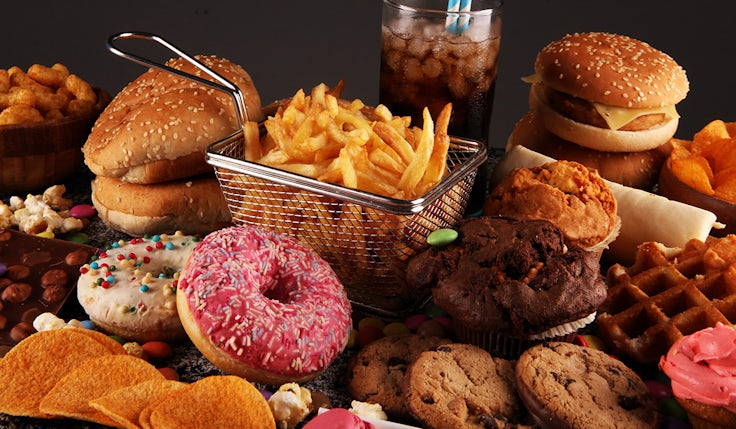Government to ban sale of high-caffeine energy drinks to under-16s
The ban would make it illegal for retailers, including online, shops, restaurants, cafes and vending machines, to sell energy drinks to under-16s.
 The government is preparing to ban the sale of high-caffeine energy drinks, such as Red Bull, Monster and Prime, to children aged under 16.
The government is preparing to ban the sale of high-caffeine energy drinks, such as Red Bull, Monster and Prime, to children aged under 16.
The proposal, announced yesterday (2 September), would make it illegal for retailers, including online, shops, restaurants, cafes and vending machines to sell energy drinks containing more than 150mg of caffeine per litre to under-16s.
Lower-caffeine soft drinks such as Coca-Cola, Coke Zero, Diet Coke and Pepsi are exempt, as are tea and coffee.
According to the proposal, around 100,000 children consume at least one high-caffeine energy drink daily. The government cites growing evidence linking these drinks to harmful effects on children, including disrupted sleep, increased anxiety, poor concentration and reduced educational outcomes.
Up to a third of children aged 13 to 16 years, and nearly a quarter of children aged 11 to 12 years, consume one or more of these drinks each week.
Children’s food brands told to cut salt and sugar levels and ‘improve’ marketing
Many large retailers already impose voluntary sales restrictions, but studies suggest smaller shops continue to sell to children, prompting calls for a uniform policy that both protects young people and is fairer for the industry.
A Milton Keynes student and Bite Back youth activist described energy drinks as the “social currency of the playground”.
“Cheap, brightly packaged and easier to buy than water. They’re aggressively marketed to us, especially online, despite serious health risks,” they said.
“We feel pressured to drink them, especially during exam season, when stress is high and healthier options are hard to find. This ban is a step in the right direction, but bold action on marketing and access must follow.”
The move presents another hurdle for drinks brand Prime Hydration, which reported profits had declined more than 90% earlier this year, triggering a “strategic review” of the brand.
Prime launched in the UK in 2022, backed by YouTubers KSI and Logan Paul, and became a case study in influencer-driven retail success. Signs of decline emerged in April 2024, when heavy discounting and bargain-bin placement were needed to clear excess stock.
‘It’s about trust’: Industry bodies issue campaign ahead of new junk food ad rules
The proposed ban comes amid wider scrutiny of how food and drink brands target children. Under government guidance published in August, children’s food brands face changes to both product formulations and marketing.
Businesses have 18 months to reduce the levels of sugar and salt in their products. The new guidelines make it clear brands must “improve” their labelling and marketing so it is easier for parents and carers to make healthier choices.
The government’s long-awaited “less healthy” food and drink (LHF) ban is set to take effect from 5 January 2026. However, a voluntary agreement between advertisers and the government means the rules will effectively come into play from next month.
Paid digital advertising for LHF products will be banned and there will be a 9pm watershed on linear TV and on-demand streaming. While the restrictions apply to showcasing unhealthy products, brand advertising will still be permitted as long as identifiable non-compliant products don’t feature.
In August, research from Cancer Research UK highlighted the high levels of exposure to junk food promotions young people face. The study found more than half (52%) of young people have been exposed to junk food promotions on social media in the past month.
The ‘Digital Influence’ research found posts promoting HFSS products came from both businesses and influencers. Nearly four in 10 young people who saw the content engaged with it by liking, commenting or sharing, with influencer-led posts proving more influential than business-led adverts.






